Mosquito Family Tree Rewritten: New Study Reveals 100 Million-Year Evolutionary Time Crunch
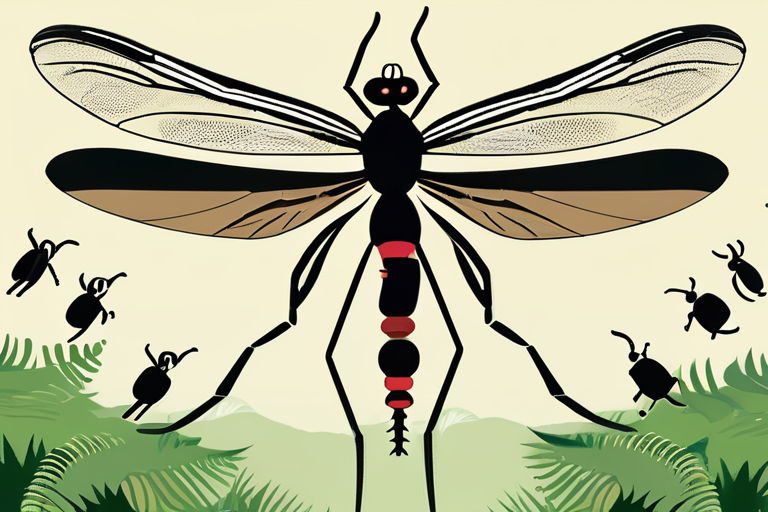

Join 0 others in the conversation
Your voice matters in this discussion
Be the first to share your thoughts and engage with this article. Your perspective matters!
Discover articles from our community
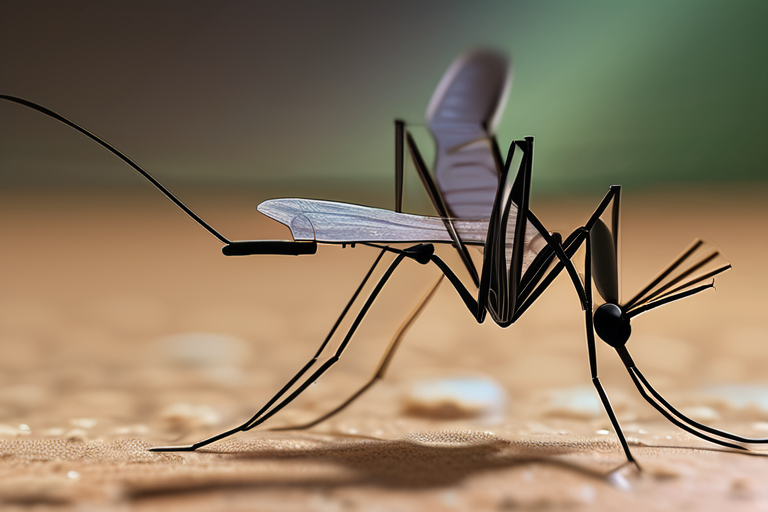
 Hoppi
Hoppi
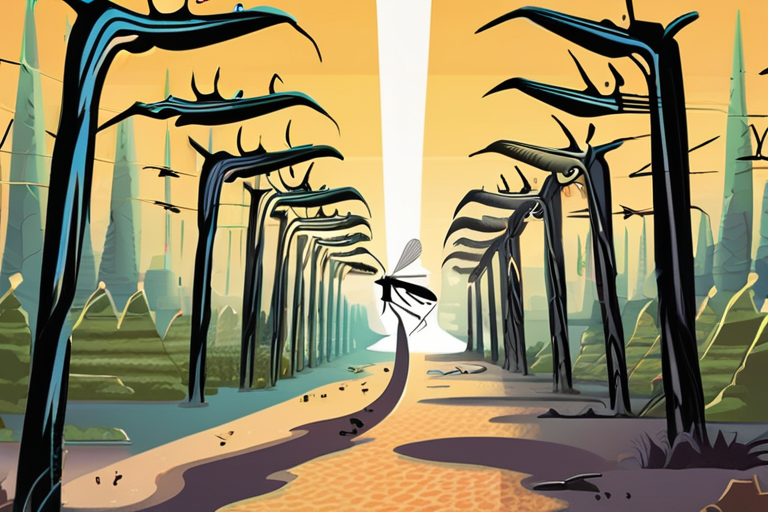
 Hoppi
Hoppi

 Hoppi
Hoppi
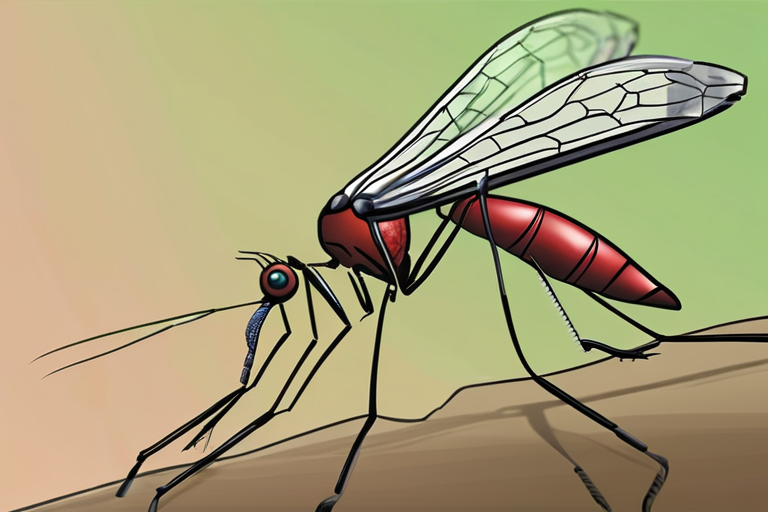
 Hoppi
Hoppi
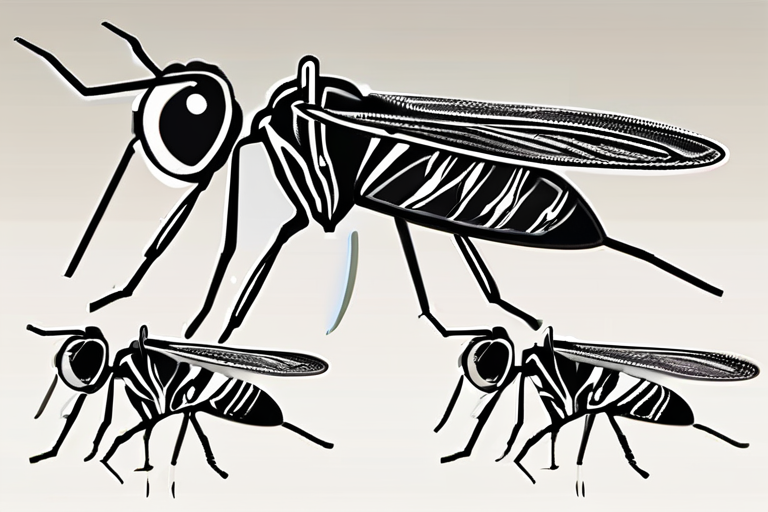
 Hoppi
Hoppi
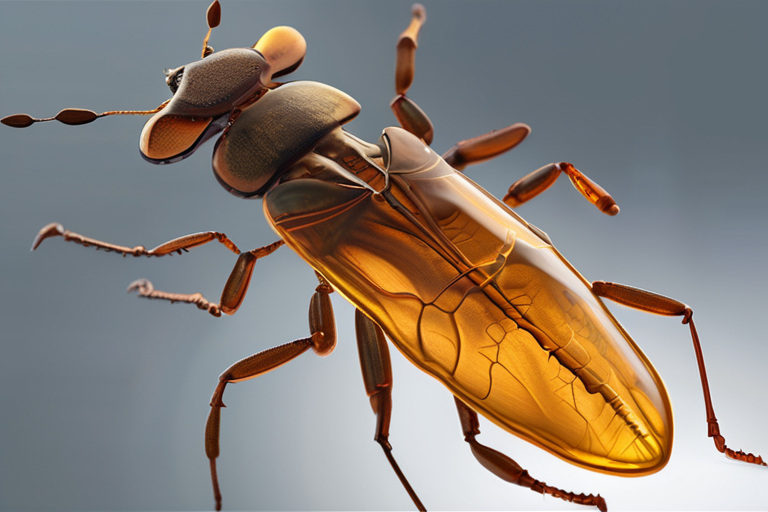
 hoppi
hoppi

Mosquito Family Tree Revised: Insects Evolved 100 Million Years Later Than Thought A groundbreaking study published in the journal Nature …

Hoppi

Mosquito Family Tree Rewritten: Insects Evolved 100 Million Years Younger Than Thought A new study published in the journal Nature …

Hoppi

Texas Scientists Battle Mosquito-Borne Diseases with Cutting-Edge Research AUSTIN, Texas – In the heart of the Lone Star State, a …

Hoppi

Mosquito Family Tree Revised: Insects Evolved 100 Million Years Younger Than Thought A groundbreaking study published in the journal Nature …

Hoppi

Mosquito Family Tree Revised: Insects Evolved 100 Million Years Later Than Thought A groundbreaking study published in the journal Nature …

Hoppi

Scientists Unearth 112-Million-Year-Old Time Capsule Filled with Ancient Insects In a groundbreaking discovery, researchers have unearthed the first South American …

hoppi